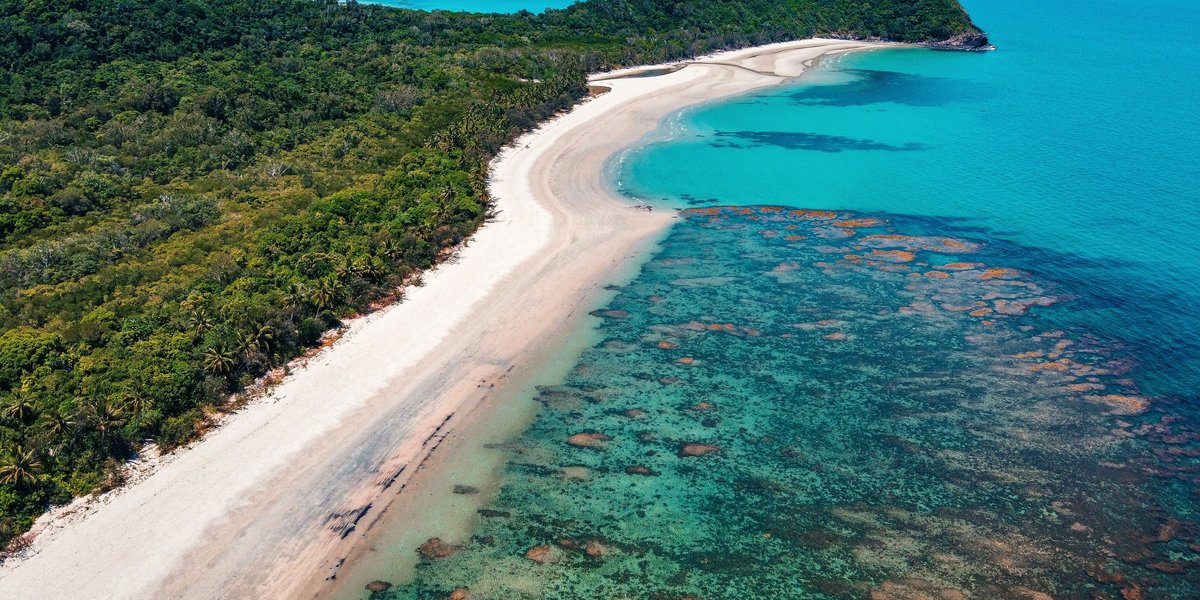
Scientists document widespread coral deaths on Great Barrier Reef
A study found over 40% of corals at One Tree Island in the Great Barrier Reef bleached or died in 2024 due to heat stress and disease.
Graham Readfearn reports for The Guardian.
In short:
- Researchers monitored 462 coral colonies at One Tree Island, finding 193 dead and 113 still bleached by July 2024.
- Coral bleaching and a flesh-eating disease called black band contributed to the largest annual coral loss recorded in the area since the 1980s.
- Scientists warn continued heat stress, driven by climate change, threatens even greater damage this summer.
Key quote:
"Seeing those really massive colonies die was really devastating. I have gone from being really sad to being really cranky. We have been trying to get the message across about climate change for ages."
— Prof. Maria Byrne, marine biologist, University of Sydney and study lead author
Why this matters:
Coral reefs support biodiversity, protect coastlines and sustain fisheries. Widespread bleaching signals a marine ecosystem in crisis, driven by climate change. Without mitigation efforts, continued losses could have devastating environmental and economic impacts.
Related: Scientists warn of irreversible climate tipping points














